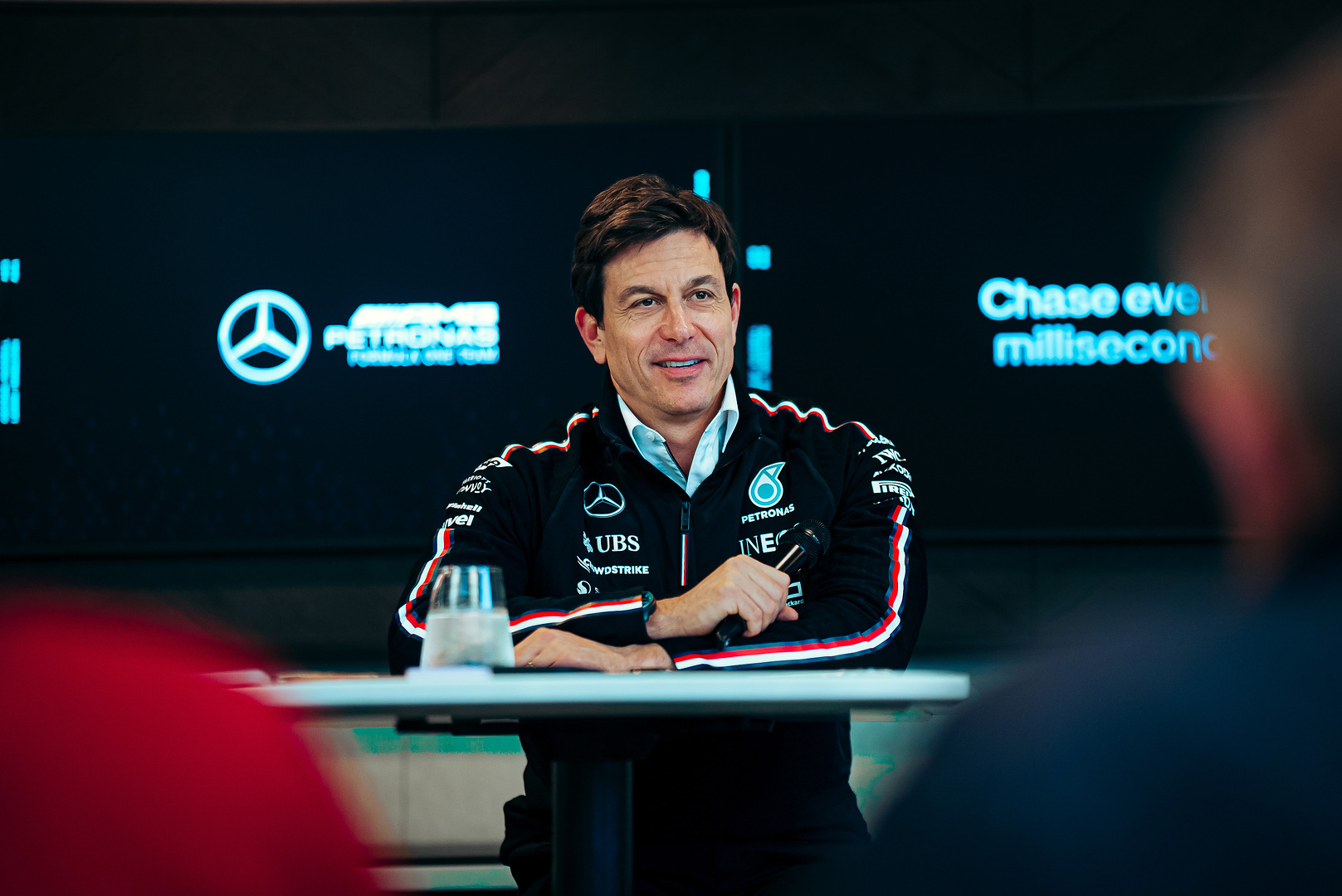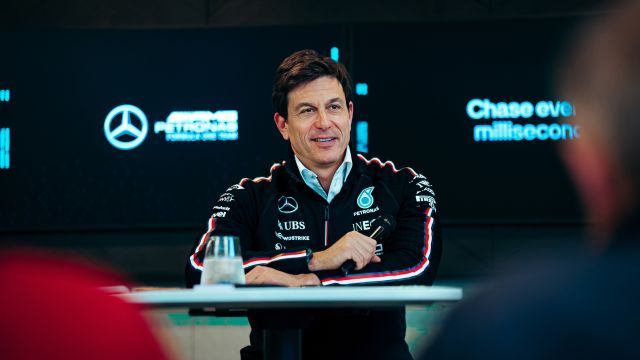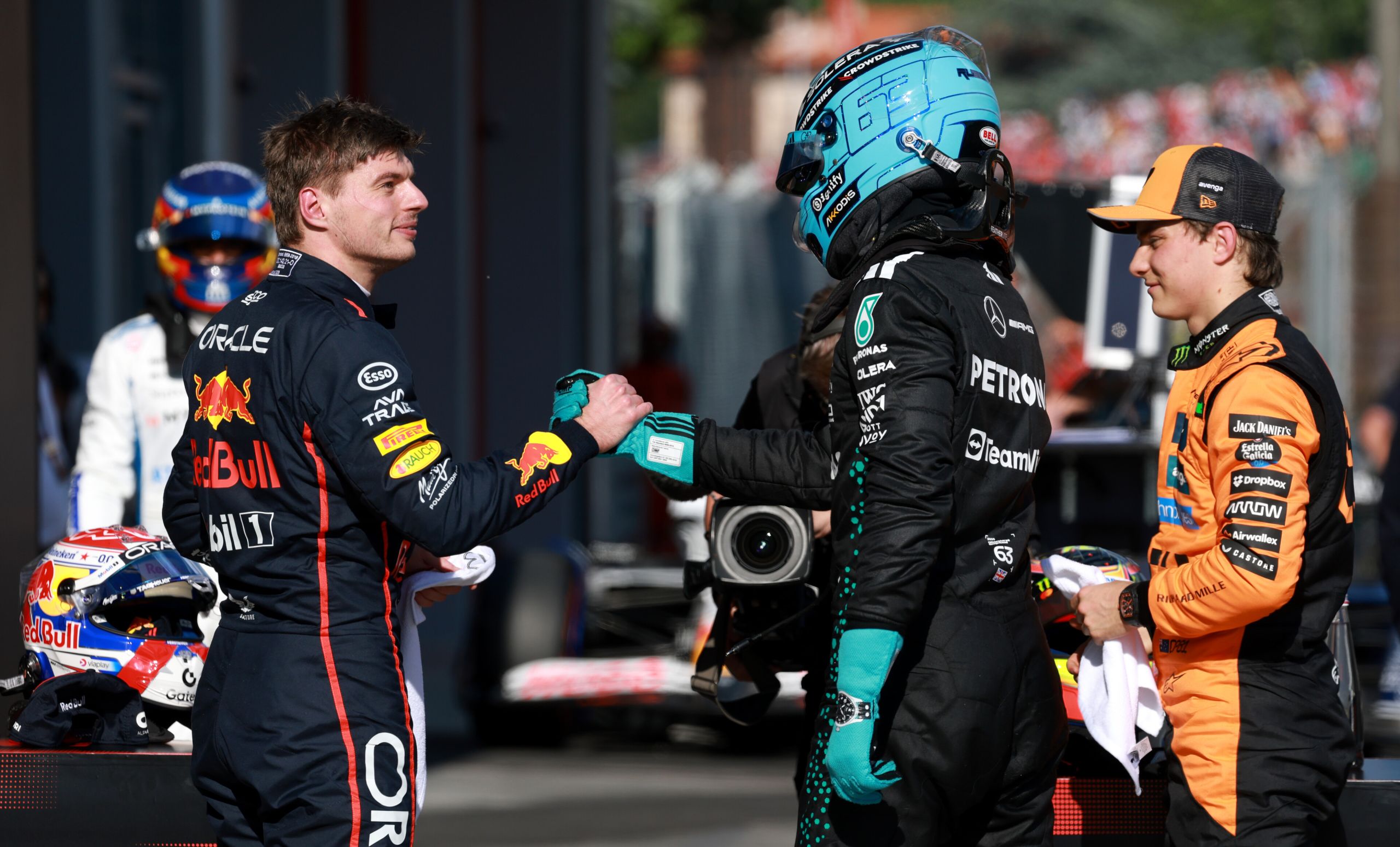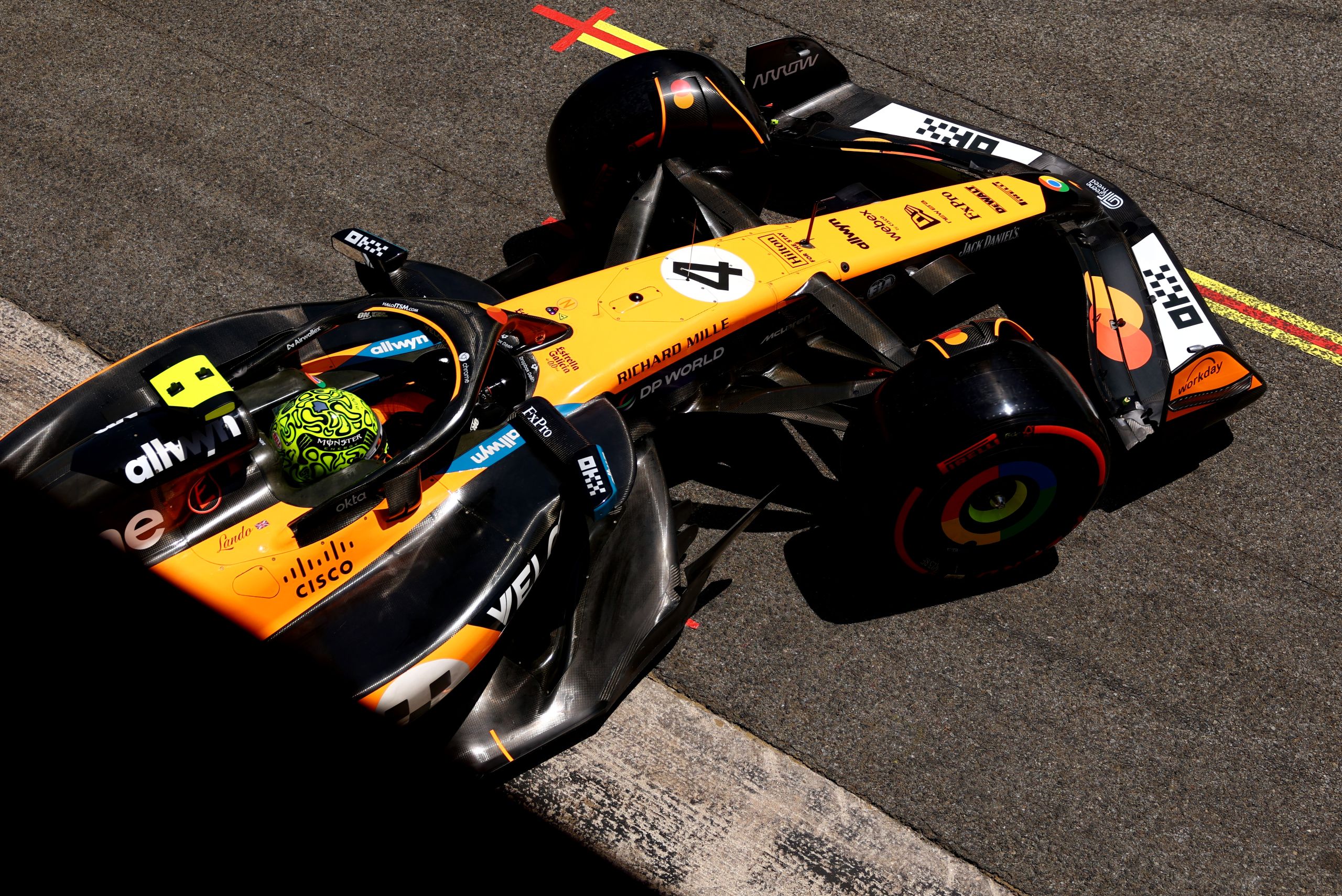Wolff ‘Not Interested’ In Reconciling With Red Bull Boss


Toto Wolff has made it clear that he has no interest in mending his strained relationship with Oliver Mintzlaff, the CEO of Mercedes’ chief Formula 1 rival, Red Bull.
The rift between Wolff and Red Bull has been further exacerbated by the recent departure of key personnel from Mercedes to Red Bull Powertrains. Amid this tension, Wolff is reportedly delaying his decision on who will replace Lewis Hamilton next year, speculating that Max Verstappen might choose to leave Red Bull prematurely. Wolff’s hope is that Verstappen might believe Mercedes could outperform Red Bull with the new engine regulations set for 2026.
Christian Horner, Red Bull’s team principal, recently commented on the situation, claiming that over 200 employees from Mercedes’ engine division have defected to Red Bull Powertrains. Wolff dismissed this claim, stating, “He needs to work on mathematics. It was 19 engineers.” He added, “I’m looking forward to the 2026 season to see the difference in performance between the different power units.”
Wolff’s strategy seems to include destabilizing Red Bull by fueling speculation and public comments. Earlier in May, Wolff responded to Mintzlaff’s criticism regarding his attempts to woo Verstappen, saying, “What he says has no relevance to me. Maybe he just wants to be on TV.”
Continuing his critique, Wolff recently told the Salzburger Nachrichten newspaper that he has no plans to reconcile with Mintzlaff. “I am not sure whether Mintzlaff is fulfilling what Dietrich Mateschitz expected of him in terms of his legacy,” Wolff remarked. When asked if he would consider clearing the air with the Red Bull CEO, Wolff responded, “I’m not interested in that at all.”
This ongoing feud underscores the intense rivalry between Mercedes and Red Bull, with both teams vying for supremacy in the ever-competitive world of Formula 1. Wolff’s comments suggest that he is fully focused on his team’s performance and future prospects, rather than seeking to resolve disputes with their primary competitors.





